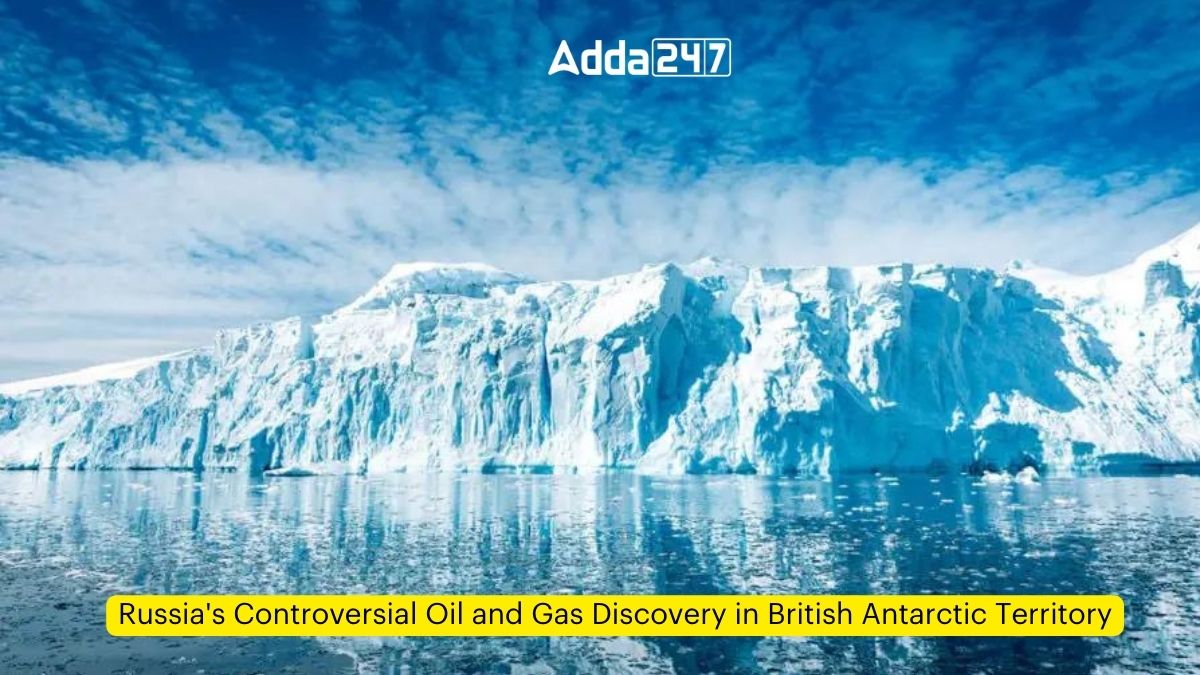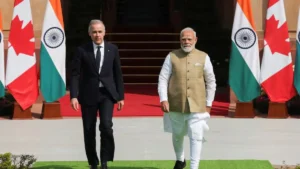In a development that has raised eyebrows globally, Russia has claimed to have discovered massive oil and gas reserves in the British Antarctic Territory, a region currently protected under the 1959 Antarctic Treaty. According to evidence submitted to the Commons Environment Audit Committee, the reserves uncovered by Russian research ships contain around 511 billion barrels worth of oil, a staggering amount equivalent to approximately 10 times the North Sea’s output over the last 50 years.
Potential Violation of the Antarctic Treaty
The Antarctic Treaty, signed by numerous nations, including Russia, prohibits all oil developments in the region, designating it as a zone to be used “exclusively for peaceful purposes” and preventing it from becoming “the scene or object of international discord.” Russia’s discovery and potential intentions to exploit these reserves could potentially violate the terms of this treaty.
Concerns Raised by Experts
Klaus Dodds, a professor of geopolitics at Royal Holloway University, expressed concerns about the implications of Russia’s activities in the Antarctic region. He argued that the Antarctic policy environment is “arguably at its most challenging since the late 1980s and early 1990s,” and Russia’s invasion of Ukraine has created “widespread concern that a worsening relationship with the country will spark strategic competition and make it even more explicit in Antarctica.”
Dodds further stated his belief that Russian activity in the region equates to hunting for oil and gas rather than conducting legitimate scientific research, as claimed by the Russian authorities.
Britain’s Territorial Claims and International Tensions
The British Antarctic Territory, one of Britain’s 14 overseas territories, has faced competing claims from Argentina and Chile in the past. Russia’s alleged discovery of vast energy reserves in this region could potentially reignite territorial disputes and heighten international tensions surrounding the Antarctic continent.
While the UK minister David Rutley assured Members of Parliament (MPs) that Russia was conducting scientific research in the region, the revelations about the massive oil and gas reserves have raised concerns about potential violations of the Antarctic Treaty and the potential for escalating geopolitical tensions.
Environmental Concerns and Global Implications
The prospect of oil and gas drilling in the pristine Antarctic region has also sparked concerns among environmental activists and organizations. The delicate ecosystem of Antarctica could be severely impacted by such activities, potentially causing irreversible damage to the region’s unique flora and fauna.
As the world grapples with the challenges of climate change and the need for sustainable energy sources, the possibility of exploiting these reserves in Antarctica could have far-reaching global implications, both environmentally and politically.
Important Takeaways for All Competitive Exams:
- Russia Capital: Moscow;
- Russia Currency: Russian Ruble;
- Russia Prime minister: Mikhail Mishustin;
- President of Russia: Vladimir Vladimirovich Putin.




 India AI Impact Summit 2026 Outcomes: De...
India AI Impact Summit 2026 Outcomes: De...
 India, Canada Announce Strategic Energy ...
India, Canada Announce Strategic Energy ...
 Iran Names Ayatollah Alireza Arafi as Te...
Iran Names Ayatollah Alireza Arafi as Te...








